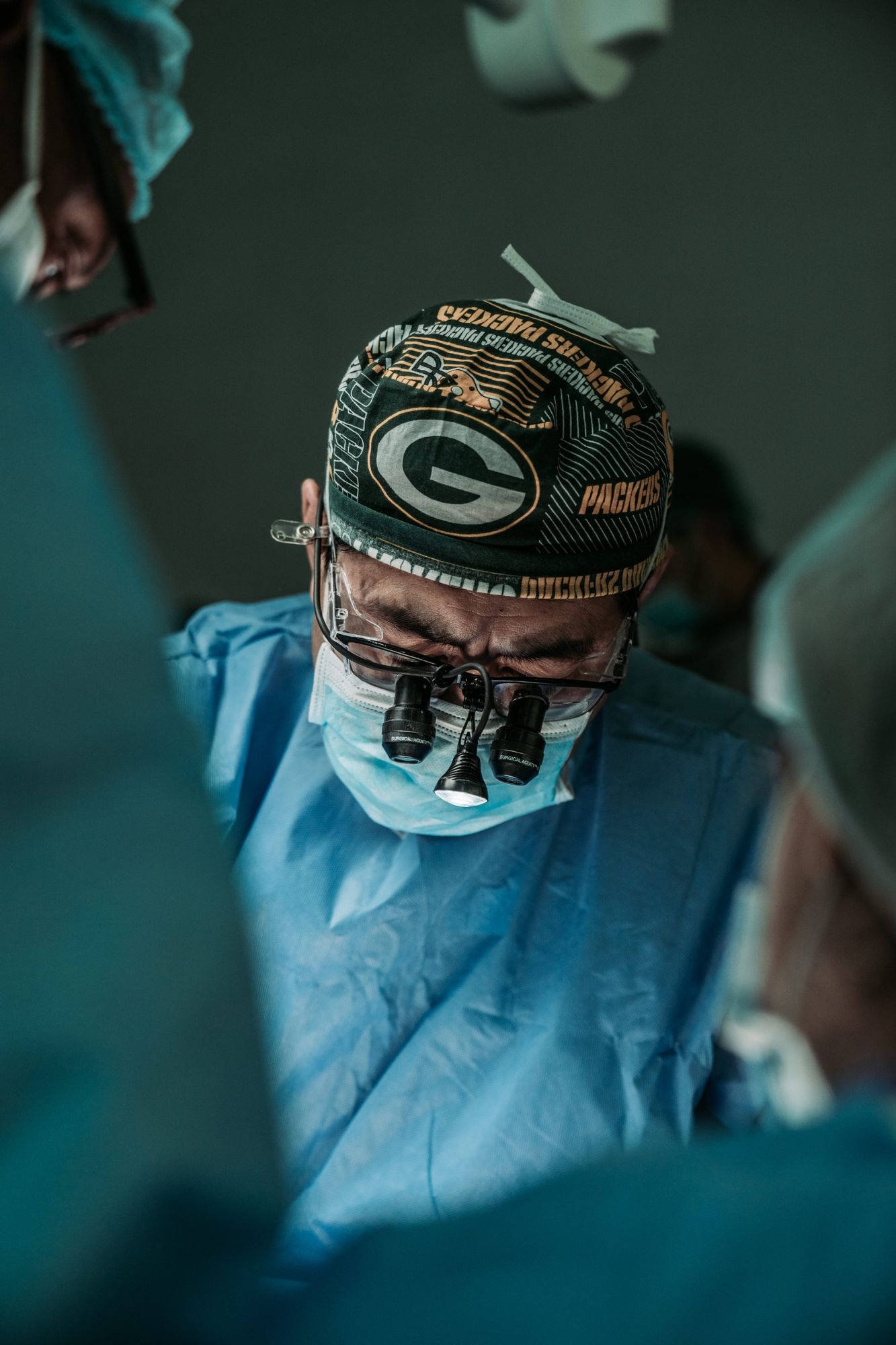Dr. Saturnino “Bong” P. Javier of Makati Medical Center, and Dr. Eugene Jose F. Ramos of The Medical City speak honestly and emotionally about the war they are facing.
COVID-19 has captured the world’s attention and has made a striking, poignant point: No one is exempted, everyone is vulnerable, and we must work together to get through this international health pandemic. There is no country in the world that has not felt the wrath of this terrible biological foe; both its economic and health effects are proving to be monstrous.
In the Philippines, we are faced with several challenges that most third, and actually first world nations are battling as well: a lack of supplies, dwindling funds, and a whole lot of confusion within our government. Our hospitals, like those around the world, are at capacity yet filled with brave overworked frontliners who are doing the best they can.
For me, for those of us who are at home and far removed from the frontlines of duty, it is quite difficult to fathom what health centres and leaders in medical fields are undertaking and experiencing 24 hours of each and every day. To understand what our hospitals are facing in greater detail, I reached out to Dr. Bong Javier (Medical Director of Makati Medical Center) and Dr. Eugene Ramos (President & CEO of The Medical City).
I see death and grief everyday, I see the manpower dwindle as those staff who are possibly exposed go under quarantine. I am scared.





